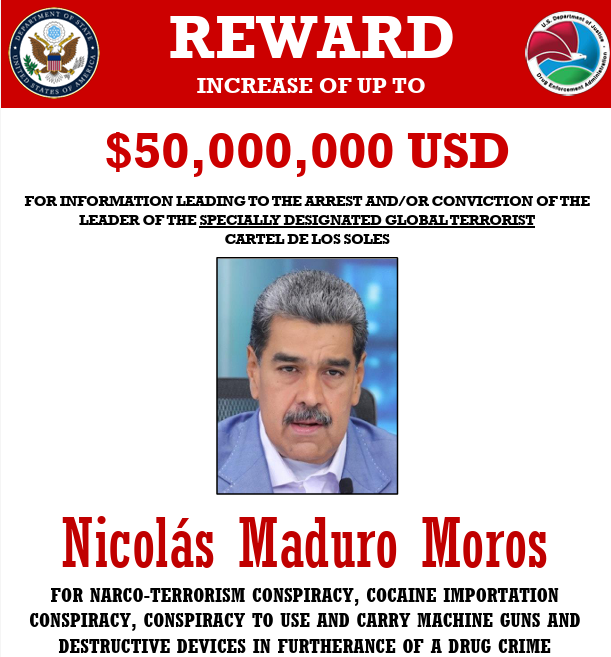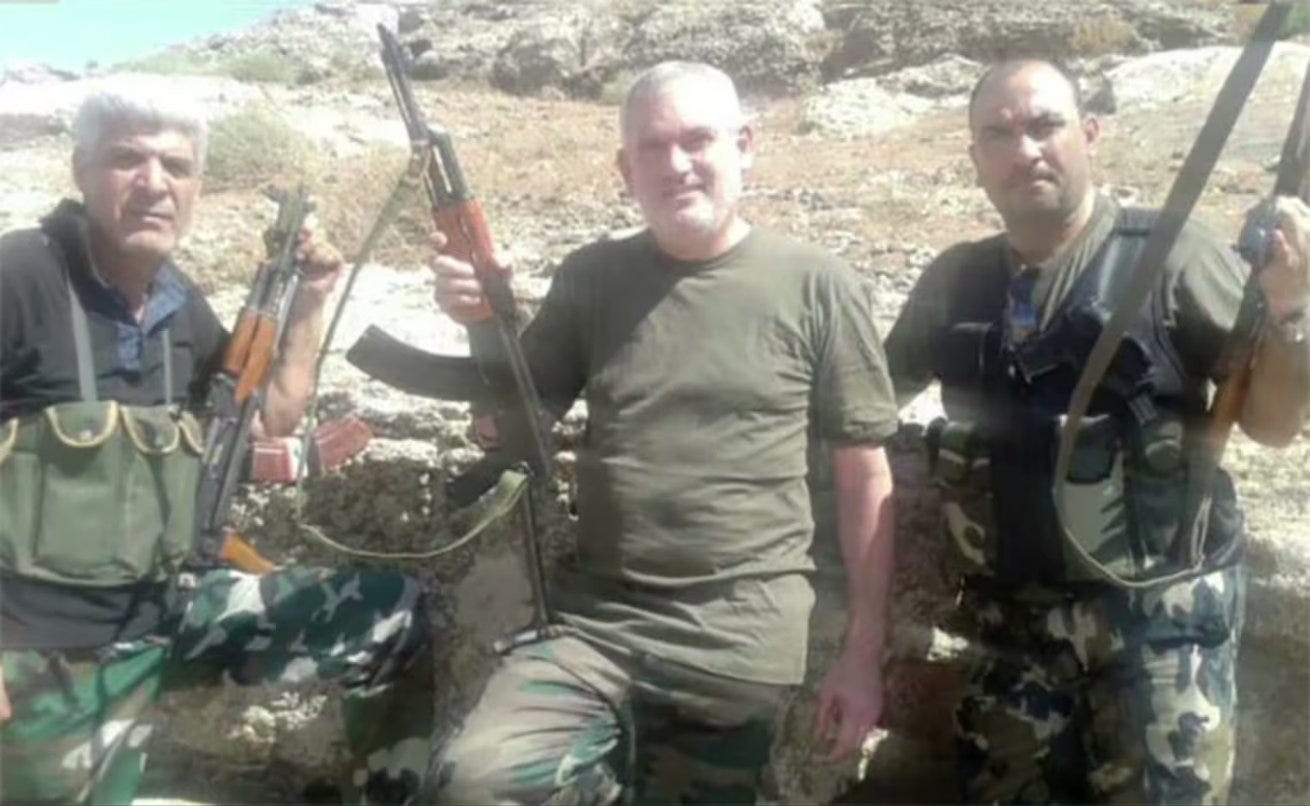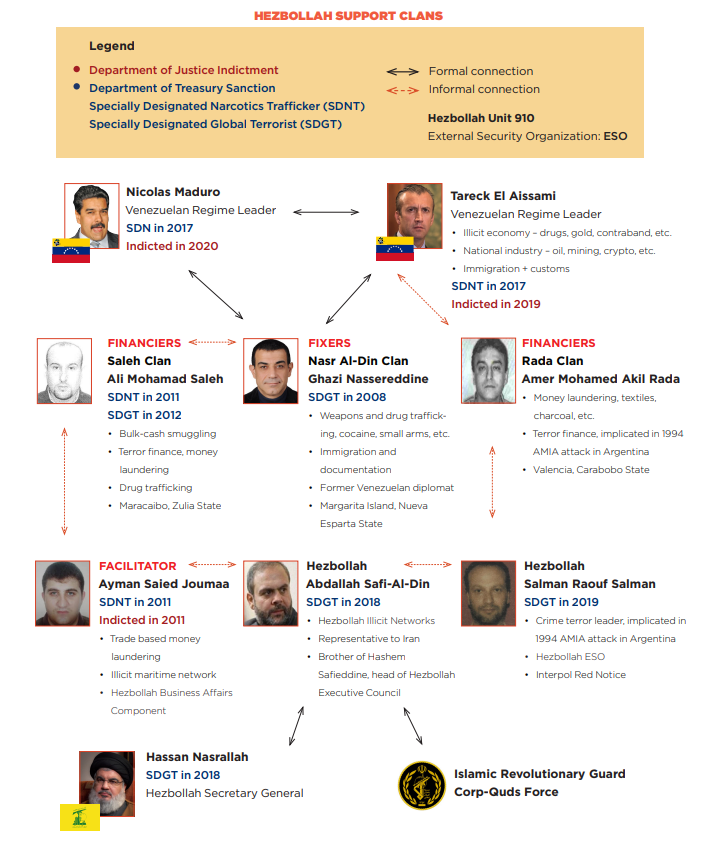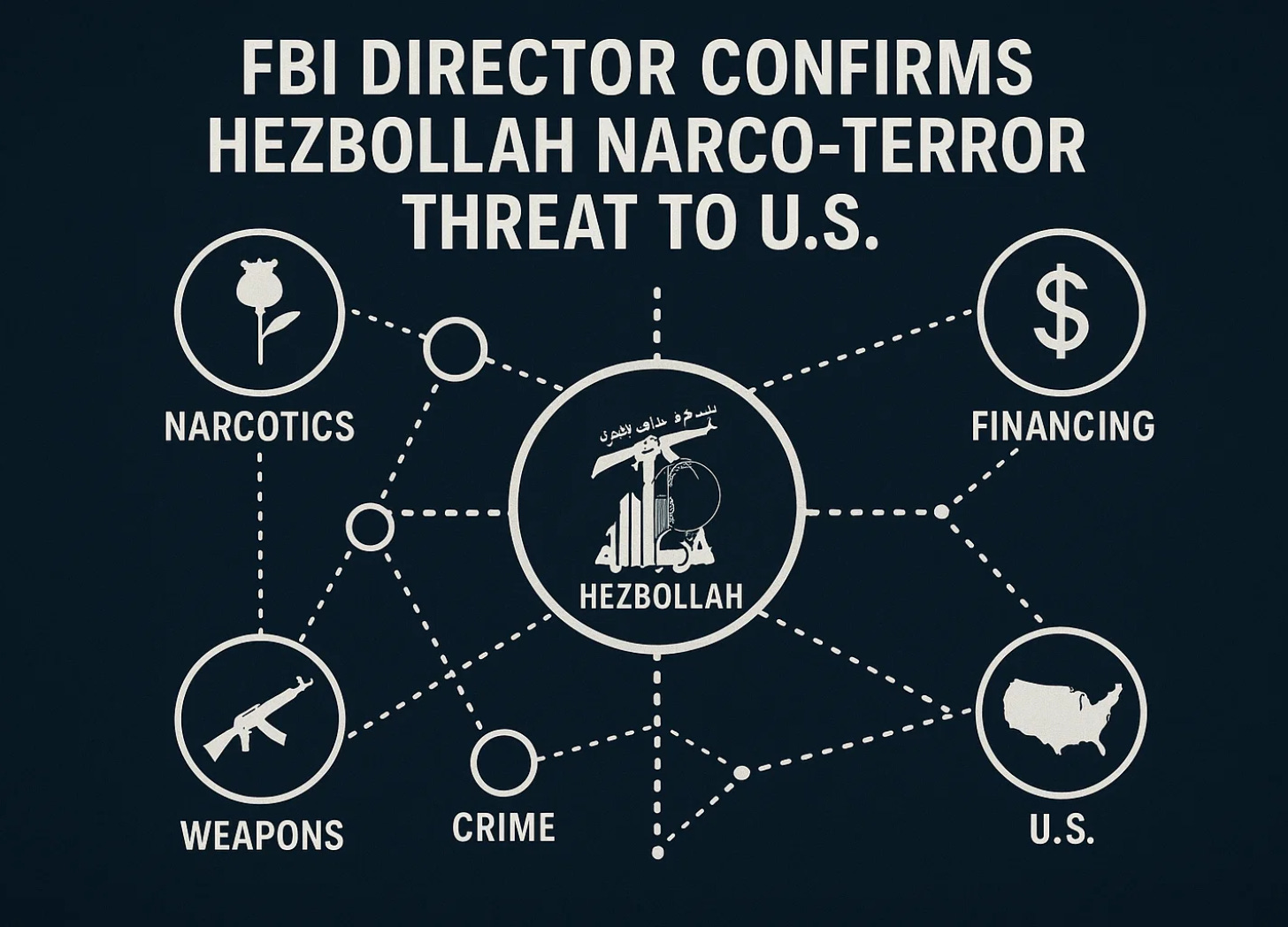FBI Director Confirms Hezbollah Narco-Terror Threat to U.S.
FBI Director confirms Hezbollah poses a narco-terror threat to the U.S. as the Trump administration launches military strikes against Latin American cartels and designates them as terror organizations
The Trump administration's escalating military campaign against Latin American drug cartels has thrust into sharp focus a decades-old threat that federal law enforcement officials say poses a grave risk to U.S. national security: Iran-backed Hezbollah's extensive narco-terrorism operations running through Venezuela directly to American streets.
As U.S. warships patrol Venezuelan waters and American forces conduct deadly strikes on suspected drug vessels this month, FBI Director Kash Patel warned senators during a September 16, 2025 Senate Judiciary Committee oversight hearing that Hezbollah represents an active terrorist threat to the homeland through its sophisticated drug trafficking networks that pump millions into Iran's terror apparatus.
When U.S. Senator Lindsey Graham (R-South Carolina) pressed Patel on whether Hezbollah "is involved in not only terrorism but narcoterrorism," Patel's unequivocal response was "Yes, sir." Asked if he considers Hezbollah "a threat to the United States," Patel replied: "Absolutely."
The Iran-Venezuela-Hezbollah Nexus
Patel's confirmation validates findings from a previous Jewish Onliner report that detailed the scope of Iran-Venezuela cooperation and its direct threats to U.S. national security. The report documented how Iran, through its proxy Hezbollah, has embedded itself within Venezuela's illicit narcotics ecosystem, using the country as a key transit node for drug trafficking operations targeting the United States through collaboration with the "Cartel of the Suns" (Cártel de Los Soles)—a network of senior Venezuelan military officials who facilitate massive cocaine shipments from Colombia through Venezuelan territory using military-controlled ports and clandestine airstrips.
The Trump administration's military escalation directly targets this critical node in Iran's global terror financing network. In July 2025, The administration added the Cartel of the Suns, to a list of specially designated global terrorist groups, asserting that it is headed by President Nicolás Maduro of Venezuela and other high-ranking officials in his administration.

Proceeds from these operations are laundered through international financial channels and directed back to Hezbollah, reinforcing its operational capabilities in the Middle East and enhancing Iran's strategic reach.
The scope of this threat was illustrated in the past when in 2020, federal prosecutors charged former Venezuelan National Assembly member Adel El Zabayar with narco-terrorism offenses, alleging he served as a crucial intermediary between the Cartel of the Suns and both Hezbollah and Hamas. "We further allege today, for the first time, that the Cártel de Los Soles sought to recruit terrorists from Hizballah and Hamas to assist in planning and carrying out attacks on the U.S.," said U.S. Attorney Geoffrey Berman.

Key Iranian Operatives in Venezuela
The nexus between Iranian influence and Venezuelan drug trafficking was embodied by Tareck El Aissami, a Venezuelan politician of Syrian-Lebanese descent who served as Vice President and Petroleum Minister until 2023. U.S. Treasury officials designated El Aissami a narcotics "kingpin" and linked him to a passport fraud scheme involving the sale of Venezuelan documents to individuals connected to Hezbollah—potentially enabling their entry into North America under false identities.
Another key figure, Ghazi Nasr al-Din, exemplifies the sophisticated nature of this network. This Lebanese-Venezuelan diplomat leveraged his official position as a Venezuelan envoy in the Middle East to raise funds for Hezbollah and facilitate the movement of Iranian supporters into Venezuela. Designated by the U.S. for terrorism in 2015, Nasr al-Din remains an FBI-wanted individual who demonstrates how Iranian influence agents have secured Venezuelan official credentials to enable covert operations throughout the Americas.

Strategic Challenge to Iranian Proxy Networks
As the military efforts by Trump's administration against Latin American cartels intensify, the underlying Hezbollah-Iran-Venezuela nexus that federal officials like Patel now publicly acknowledge as an active threat suggests this confrontation extends far beyond traditional counter-narcotics operations—representing instead a direct challenge to Iranian proxy networks that have spent decades embedding themselves throughout Latin American to threaten U.S. national security.



